Simple Daily Practices for Lasting Health
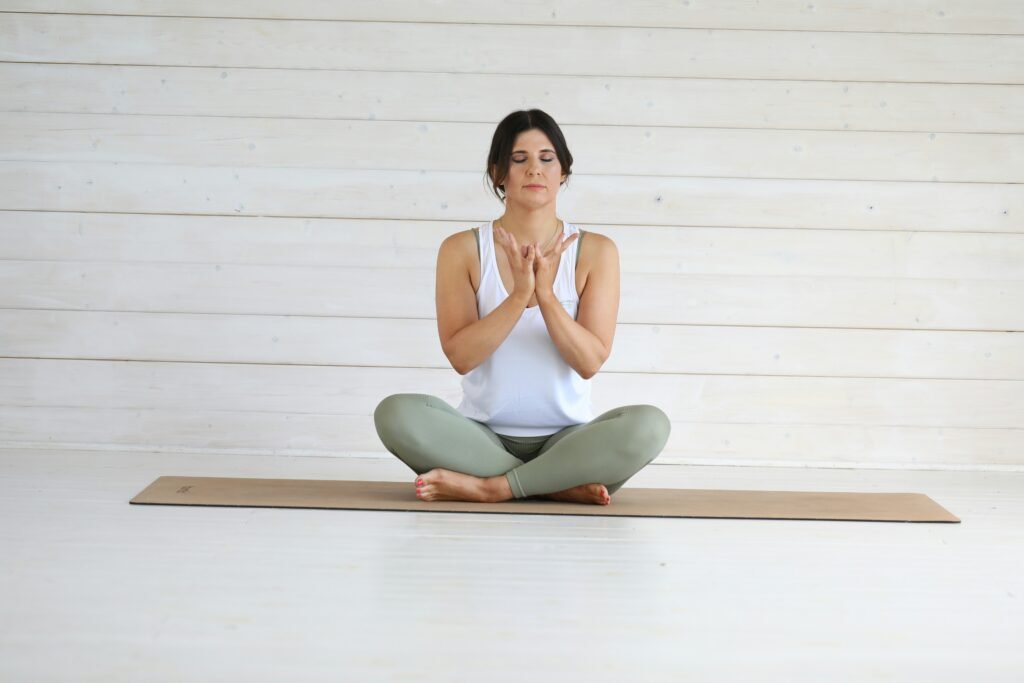
Did you know that incorporating just a few healthy habits into your daily routine can significantly improve your overall wellbeing? Creating a wellness routine can make it easier to stay on track and keep your wellbeing at the forefront of your mind. By making small changes, you can experience lasting health benefits.
Developing health tips and wellness habits is crucial for maintaining a healthy lifestyle. By incorporating Simple Daily Practices, individuals can improve their overall health and wellbeing.
Key Takeaways
- Develop a daily wellness routine to improve overall health.
- Incorporate healthy habits into your daily life.
- Make small changes to experience lasting health benefits.
- Stay on track with your wellbeing goals.
- Prioritize your health with simple daily practices.
Understanding the Importance of Daily Wellness Practices
Incorporating simple daily habits can significantly enhance one’s overall health. A little bit of daily structure, or routine, can help support your wellbeing in all its dimensions.
Daily wellness practices are not just about grand gestures; they are about the small, consistent actions that add up over time. By understanding the connection between daily habits and overall health, individuals can make informed choices to improve their wellbeing.
The Connection Between Health and Daily Habits
Daily habits are the building blocks of a healthy lifestyle. They influence how we feel, both physically and mentally, on a day-to-day basis. For instance, regular physical activity, healthy eating, and adequate sleep are all daily habits that contribute to overall health.
Healthy daily habits can help manage stress, improve sleep quality, and support healthier eating habits. By incorporating these habits into daily routines, individuals can experience significant improvements in their overall wellbeing.
How Small Changes Make a Big Difference
Making small changes to daily routines can have a profound impact on overall health. These changes might include taking a short walk each day, drinking more water, or practicing mindfulness.
| Small Change | Potential Impact |
|---|---|
| Drinking an extra glass of water each day | Improved hydration, better skin health |
| Taking a 10-minute walk after dinner | Improved digestion, increased physical activity |
| Practicing 5 minutes of mindfulness each morning | Reduced stress, improved mental clarity |
By implementing these small changes, individuals can develop healthy lifestyle habits that contribute to long-term wellbeing. It’s about creating a sustainable daily routine that supports overall health.
Nutrition: Fueling Your Body Right
Eating a balanced diet is one of the simplest yet most effective ways to support your body’s needs and enhance your wellbeing. A well-nourished body is better equipped to handle the demands of daily life, whether that’s tackling a busy work schedule or enjoying leisure activities with family and friends.
Benefits of a Balanced Diet
A balanced diet provides numerous benefits, including:
- Improved Energy Levels: Eating a variety of nutrient-dense foods helps maintain energy levels throughout the day.
- Supports Healthy Weight: A balanced diet helps in achieving and maintaining a healthy weight, reducing the risk of obesity-related diseases.
- Enhances Mental Clarity: Proper nutrition supports brain health, improving focus and mental clarity.
By incorporating a mix of fruits, vegetables, whole grains, lean proteins, and healthy fats into your diet, you can significantly improve your overall health and wellbeing.
Meal Prep Tips for Busy Lifestyles
Meal preparation is a practical strategy for maintaining a healthy diet, even on the busiest of days. Here are some tips to get you started:
- Plan Your Meals: Take some time each week to plan out your meals, considering your schedule and dietary needs.
- Shop Smart: Make a grocery list based on your meal plan and stick to it when you’re at the store.
- Cook in Bulk: Cooking larger quantities of food can save time during the week when you’re busy.
As the data suggests, “Meal prep keeps you in control. You know what you’re eating and when. It’s also a great way to skip those doughnuts in the breakroom at work.”

Incorporating Superfoods into Your Diet
Superfoods are nutrient-dense foods that offer numerous health benefits when consumed as part of a balanced diet. Some examples include:
- Leafy Greens: Spinach, kale, and collard greens are rich in vitamins and minerals.
- Berries: Blueberries, strawberries, and raspberries are high in antioxidants.
- Nuts and Seeds: Almonds, chia seeds, and flax seeds are good sources of healthy fats and fiber.
Incorporating these foods into your meals can be as simple as adding spinach to your morning smoothie or sprinkling nuts over your oatmeal.
Staying Hydrated: The Essence of Wellbeing
Staying hydrated is essential for maintaining long-term health practices and sustainable wellness habits. Drinking enough water is crucial for our bodies, influencing everything from energy levels to skin health. As noted by health experts, “Adequate hydration is not just about drinking water; it’s about maintaining the body’s delicate balance.”
“Water is the driving force of all nature.”
Hydration plays a significant role in our daily wellbeing. It helps in regulating body temperature, lubricating joints, and supporting overall bodily functions. Moreover, staying hydrated can aid in weight management and reduce the risk of certain diseases.
Daily Water Intake
The amount of water an individual should drink daily varies based on factors such as age, sex, weight, and activity level. Generally, health guidelines recommend drinking at least eight 8-ounce glasses of water a day, known as the “8×8 rule.”
- Monitor your urine output to ensure it’s pale yellow or clear.
- Drink water regularly throughout the day.
- Adjust your intake based on your activity level and climate.
Recognizing Dehydration
Dehydration can sneak up on anyone, and it’s crucial to recognize its signs early. Common symptoms include:
- Dark urine or decreased urine output.
- Fatigue or dizziness.
- Dry mouth or headaches.
If you’re experiencing these symptoms, it’s essential to rehydrate promptly. Drinking water or consuming hydrating foods can help restore your body’s balance.
By prioritizing hydration and incorporating it into our daily routines, we can significantly enhance our overall wellbeing and support our sustainable wellness habits.
Movement: Daily Exercise for a Healthy Body
Incorporating physical activity into your daily routine is crucial for maintaining a healthy body and mind. Regular exercise not only improves physical health but also has a significant impact on mental wellbeing.
Finding enjoyable physical activities is key to maintaining a consistent exercise routine. Whether it’s walking, jogging, cycling, or dancing, the options are endless. The American Heart Association recommends at least 150 minutes of moderate-intensity aerobic activity or 75 minutes of vigorous-intensity aerobic activity per week.
Finding Fun in Physical Activity
Engaging in physical activities that you enjoy can make exercising feel less like a chore. Consider trying out different sports or activities such as swimming, yoga, or even gardening. The goal is to find something that keeps you moving and makes you happy.
“Exercise is a celebration of what your body can do, not a punishment for what you ate.” – Unknown
Suggested Workouts for All Fitness Levels
Regardless of your fitness level, there are workout routines that can suit your needs. Here are some suggestions:
- For beginners: Start with short walks or light stretching exercises.
- For intermediate: Try jogging, cycling, or swimming for 30 minutes a day.
- For advanced: Engage in high-intensity interval training (HIIT) or strength training.
Just 30 minutes of walking five times a week may help keep the blues at bay. And if you can’t do those minutes all at once, short bursts help, too.
| Fitness Level | Workout Suggestions | Frequency |
|---|---|---|
| Beginner | Walking, Light Stretching | 3 times a week |
| Intermediate | Jogging, Cycling, Swimming | 4-5 times a week |
| Advanced | HIIT, Strength Training | 5-7 times a week |

Remember, the key to a healthy body is consistency and finding joy in the activities you choose. By incorporating physical activity into your daily routine, you can significantly improve your overall health and wellbeing.
Mindfulness and Mental Health
The connection between mindfulness and mental health is profound, offering a pathway to a more balanced life. By incorporating mindfulness practices into daily routines, individuals can experience significant improvements in their mental wellbeing.
Benefits of Mindfulness Practices
Mindfulness has been shown to slash stress, relieve pain, and improve mood. Regular mindfulness practice can lead to changes in parts of the brain related to emotions, learning, and memory. This can result in better emotional regulation and a more resilient mindset.
Key benefits of mindfulness include:
- Reduced stress and anxiety
- Improved emotional regulation
- Enhanced cognitive function
- Better overall mental health
Simple Meditation Techniques for Beginners
For those new to mindfulness, starting with simple meditation techniques can be incredibly beneficial. One effective method is to focus on the breath, observing its natural rhythm without attempting to control it.
Here’s a simple step-by-step guide to getting started with meditation:
- Find a quiet, comfortable space to sit or lie down
- Close your eyes and take a few deep breaths
- Focus your attention on your breath, noticing its sensation
- When your mind wanders, gently bring your focus back to your breath
- Start with short sessions (5-10 minutes) and gradually increase duration
| Meditation Technique | Benefits | Tips for Beginners |
|---|---|---|
| Focused Breathing | Reduces stress, improves concentration | Start with short sessions, be patient with mind wandering |
| Body Scan | Relaxes the body, reduces tension | Begin at the toes and work your way up to the head |
| Loving-Kindness Meditation | Cultivates compassion, improves emotional wellbeing | Start by directing kindness towards yourself, then others |
By incorporating these mindfulness practices into daily life, individuals can take significant steps towards improving their mental health and overall wellbeing.
Quality Sleep: A Non-Negotiable for Health
Achieving quality sleep is fundamental to maintaining overall health and wellbeing. A good night’s sleep keeps you in a better mood, sharpens memory and focus, and helps you learn new things. In the long term, it lowers your risk of heart disease and helps you keep trim.
Establishing a Healthy Sleep Routine
To improve sleep quality, establishing a consistent sleep schedule is crucial. This involves going to bed and waking up at the same time every day, even on weekends. Creating a bedtime routine can also signal to your body that it’s time to sleep.
- Stick to a sleep schedule
- Create a relaxing bedtime routine
- Avoid caffeine and electronics before bedtime
Understanding Sleep Cycles
Sleep cycles are crucial for understanding how sleep impacts our health. A full sleep cycle typically lasts around 90 minutes and includes stages of light and deep sleep, as well as REM (rapid eye movement) sleep.
| Sleep Stage | Characteristics | Importance |
|---|---|---|
| Light Sleep | Easily awakened, slow eye movements | Transition to deeper sleep stages |
| Deep Sleep | Difficult to awaken, slow brain waves | Physical recovery, immune system strengthening |
| REM Sleep | Rapid eye movements, vivid dreams | Mental recovery, memory consolidation |

Understanding these cycles can help you tailor your sleep habits to wake up feeling refreshed and rejuvenated. By prioritizing quality sleep, you’re investing in your overall health and adopting a crucial healthy lifestyle habit that contributes to long-term health practices.
Building Healthy Relationships
Developing and maintaining healthy relationships is essential for our emotional and mental health. In today’s fast-paced world, it’s easy to overlook the importance of social connections. However, nurturing relationships with family and friends can have a significant impact on our overall wellbeing.
The Role of Social Connections in Wellbeing
Social connections play a vital role in our lives, providing support, companionship, and a sense of belonging. Strong social bonds can help reduce stress, improve mental health, and even increase our lifespan. By prioritizing time with loved ones, we can strengthen these bonds and enhance our overall quality of life.
Engaging in activities with others, such as sharing a meal or participating in a hobby, can foster deeper connections and create lasting memories. It’s not about making grand gestures; even small, everyday interactions can make a significant difference.
Tips for Nurturing Friendships and Family Bonds
Nurturing friendships and family bonds requires effort and dedication, but the rewards are well worth it. Here are some tips to help you cultivate stronger, more meaningful relationships:
- Spend quality time with loved ones, engaging in activities that bring joy to both parties.
- Practice active listening by giving your full attention to the person speaking.
- Show appreciation and gratitude through small gestures, such as writing a thank-you note or surprise gifts.
- Stay connected through regular communication, whether it’s a phone call, video chat, or in-person visit.
By incorporating these practices into your daily life, you can build sustainable wellness habits that promote healthy, fulfilling relationships. Remember, the key is to be consistent and genuine in your interactions with others.
Stress Management: Techniques for Everyday Life
In today’s fast-paced world, stress management has become an essential life skill. With the pressures of work, family, and social obligations, it’s easy to feel overwhelmed. However, by incorporating simple stress management techniques into your daily routine, you can improve your overall wellbeing and quality of life.
Recognizing Stress Triggers
The first step in managing stress is to identify its sources. Common stress triggers include work deadlines, financial concerns, and relationship issues. By recognizing what causes your stress, you can develop strategies to mitigate its impact.
- Work-related pressures
- Financial worries
- Relationship conflicts
Simple Breathing Exercises You Can Try
One effective way to manage stress is through breathing exercises. These techniques help calm the mind and body, reducing feelings of anxiety and tension. The Headspace app is a great resource for guided relaxation and breathing exercises.
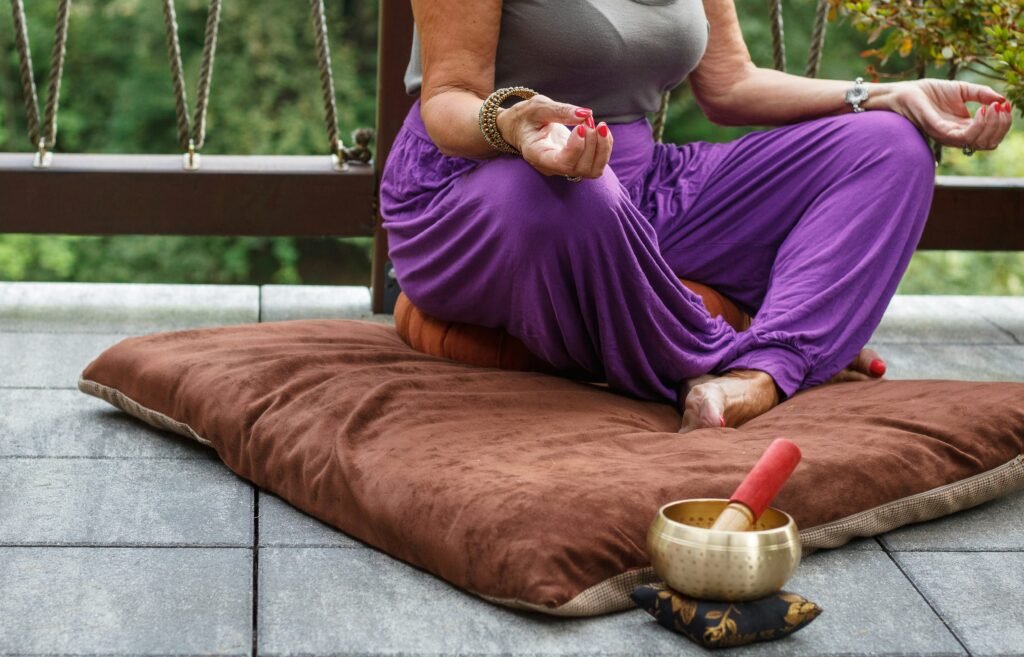
| Exercise | Description | Benefits |
|---|---|---|
| Diaphragmatic Breathing | Breathe deeply into your diaphragm, rather than shallow chest breathing. | Reduces stress and anxiety |
| 4-7-8 Breathing | Inhale for 4 seconds, hold for 7, exhale for 8. | Promotes relaxation and sleep |
| Box Breathing | Breathe in for 4 counts, hold for 4, exhale for 4, hold for 4. | Improves focus and calmness |
By incorporating these health tips and daily self-care habits into your routine, you can better manage stress and improve your overall wellbeing. Remember, taking care of your mental health is just as important as your physical health.
Personal Hygiene: Daily Routines for Health
Daily personal hygiene practices are fundamental to preventing illnesses and promoting holistic health. By incorporating simple habits into our daily routine, we can significantly enhance our overall wellbeing and quality of life.
The Importance of Regular Handwashing
Regular handwashing is one of the most effective ways to prevent the spread of illnesses. It’s crucial to wash your hands frequently, especially after using the bathroom, before eating, and after blowing your nose, coughing or sneezing. Using soap and water, rub your hands together to create a lather, and scrub all surfaces for at least 20 seconds before rinsing thoroughly.
Good hand hygiene is a cornerstone of healthy lifestyle habits. By making handwashing a habit, we can significantly reduce the risk of contracting and spreading infections.
Skincare Basics for a Healthy Glow
A good skincare routine is essential for maintaining healthy, glowing skin. Start with a gentle cleanser suitable for your skin type, and don’t forget to moisturize after cleansing to keep your skin hydrated. Protecting your skin from the sun is also crucial; use a broad-spectrum sunscreen with an SPF of at least 30 daily, even on cloudy days.
- Cleanse your skin gently twice a day.
- Exfoliate once or twice a week to remove dead skin cells.
- Stay hydrated to keep your skin healthy from the inside out.
Incorporating these skincare basics into your daily routine can enhance your skin’s health and appearance, contributing to your overall holistic health practices.
Digital Disconnect: The Need for Screen Time Balance
Achieving a balance between our digital lives and the world around us is vital for sustaining wellness habits. In an era where technology is omnipresent, it’s easy to get caught up in the endless stream of notifications, emails, and social media updates.
To maintain a healthy lifestyle, it’s crucial to establish boundaries with technology. This involves being mindful of our screen time and setting limits to ensure we have ample time for other activities that promote wellbeing.
Setting Boundaries with Technology
One effective way to set boundaries is by designating tech-free zones in our homes, such as the dining table or bedrooms. This helps create a physical distinction between our digital and personal spaces.
Another strategy is to schedule tech-free times during the day. For instance, setting aside an hour in the morning for meditation or reading without any digital distractions can be incredibly beneficial.
| Activity | Benefits | Tips for Implementation |
|---|---|---|
| Reading | Improves mental health, reduces stress | Start with a book you’re interested in, allocate 30 minutes daily |
| Meditation | Enhances mindfulness, reduces anxiety | Begin with 5-minute sessions, gradually increase duration |
| Outdoor Activities | Boosts physical health, improves mood | Schedule a daily walk, explore local parks or trails |
Benefits of Having Tech-Free Time
Engaging in tech-free activities can have numerous benefits, including improved mental clarity, enhanced creativity, and better sleep quality. By disconnecting from our devices, we can reconnect with ourselves and the world around us.
For example, taking a walk without your phone can be a refreshing experience, allowing you to enjoy nature and clear your mind. Similarly, reading a book or helping a family member with a task can be fulfilling and create meaningful connections.

By incorporating these practices into our daily routines, we can develop more sustainable wellness habits. It’s about finding a balance that works for us and being consistent in our efforts to maintain it.
Preventive Health Measures to Adopt
Preventive healthcare is a proactive approach to ensuring overall wellbeing. By focusing on prevention, individuals can significantly reduce the risk of developing chronic conditions and improve their quality of life.
Importance of Regular Health Check-Ups
Regular health check-ups are a cornerstone of preventive healthcare. These visits allow healthcare providers to monitor vital signs, detect potential health issues early, and provide guidance on maintaining a healthy lifestyle. Early detection is key to managing and treating many health conditions effectively.
During a typical check-up, your healthcare provider may perform various screenings and assessments, such as blood pressure checks, cholesterol tests, and cancer screenings. These tests help identify risk factors and detect health problems before symptoms arise.
Vaccination Myths Demystified
Vaccinations are another critical component of preventive healthcare. Despite their proven safety and efficacy, misinformation about vaccines has led to widespread myths and misconceptions. It’s essential to understand the facts to make informed decisions about your health.
One common myth is that vaccines can cause the disease they are meant to prevent. In reality, vaccines contain either inactivated pathogens or components of pathogens, which cannot cause the disease itself but still stimulate the immune system to produce a protective response.
Debunking these myths is crucial for public health. Vaccines have been rigorously tested and proven to be safe and effective in preventing infectious diseases. By getting vaccinated, not only do you protect yourself, but you also contribute to herd immunity, safeguarding those who are more vulnerable to serious infections.
Creating a Sustainable Daily Routine
Establishing a daily health routine is crucial for maintaining overall wellbeing. By incorporating simple practices, individuals can significantly enhance their quality of life.
Practices for a Healthy Start
Starting the day with stretching, hydration, and meditation can set a positive tone. These practices help increase energy levels and prepare the mind for the day ahead, contributing to a sustainable wellness habit.
Maintaining Consistency
To stay consistent, it’s essential to identify key practices that work for you and make them a non-negotiable part of your daily routine. By doing so, you can create a daily health routine that is both sustainable and beneficial for your overall health.
By integrating these habits into daily life, individuals can experience lasting health benefits and improved wellbeing.
FAQ
What are some simple daily practices that can contribute to lasting health?
How can I incorporate healthy habits into my busy lifestyle?
What are the benefits of a balanced diet?
How much water should I drink daily?
What are some signs of dehydration?
How can I make exercise a part of my daily routine?
What are the benefits of mindfulness practices?
How can I establish a healthy sleep routine?
Why are social connections important for wellbeing?
How can I manage stress effectively?
What are some tips for maintaining a healthy skincare routine?
How can I balance my screen time effectively?
Why are regular health check-ups important?
How can I create a sustainable daily routine?
🌸 Discover Weight Management Supplements That Works — Handpicked for You
Curated health & beauty essentials our readers trust — explore your new self-care favorites.
🌸 Discover Beauty That Works — Handpicked for You
Curated health & beauty essentials our readers trust — explore your new self-care favorites.
💖 Connect with SmartWellnessBeauty
Join our wellness & beauty community for daily inspiration, mindful living, and radiant self-care — follow us across your favorite platforms.
Explore More ✨


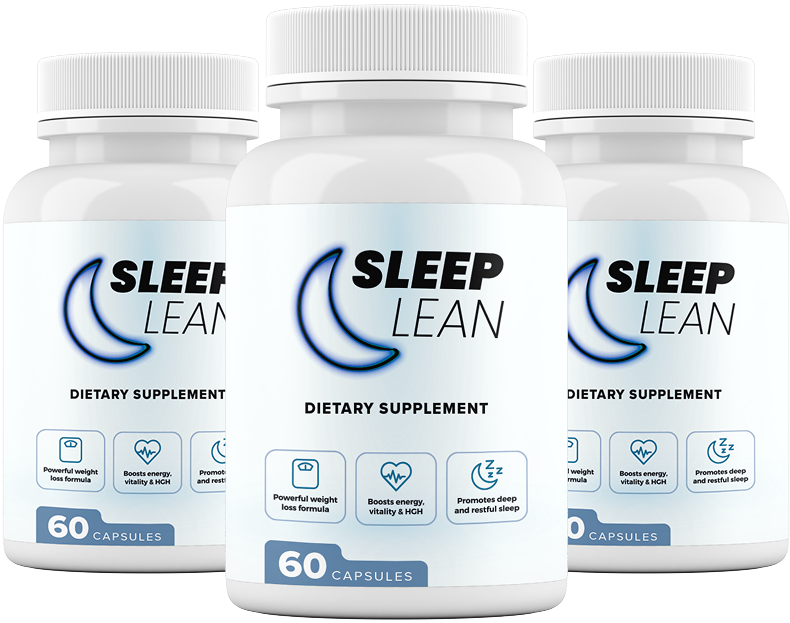


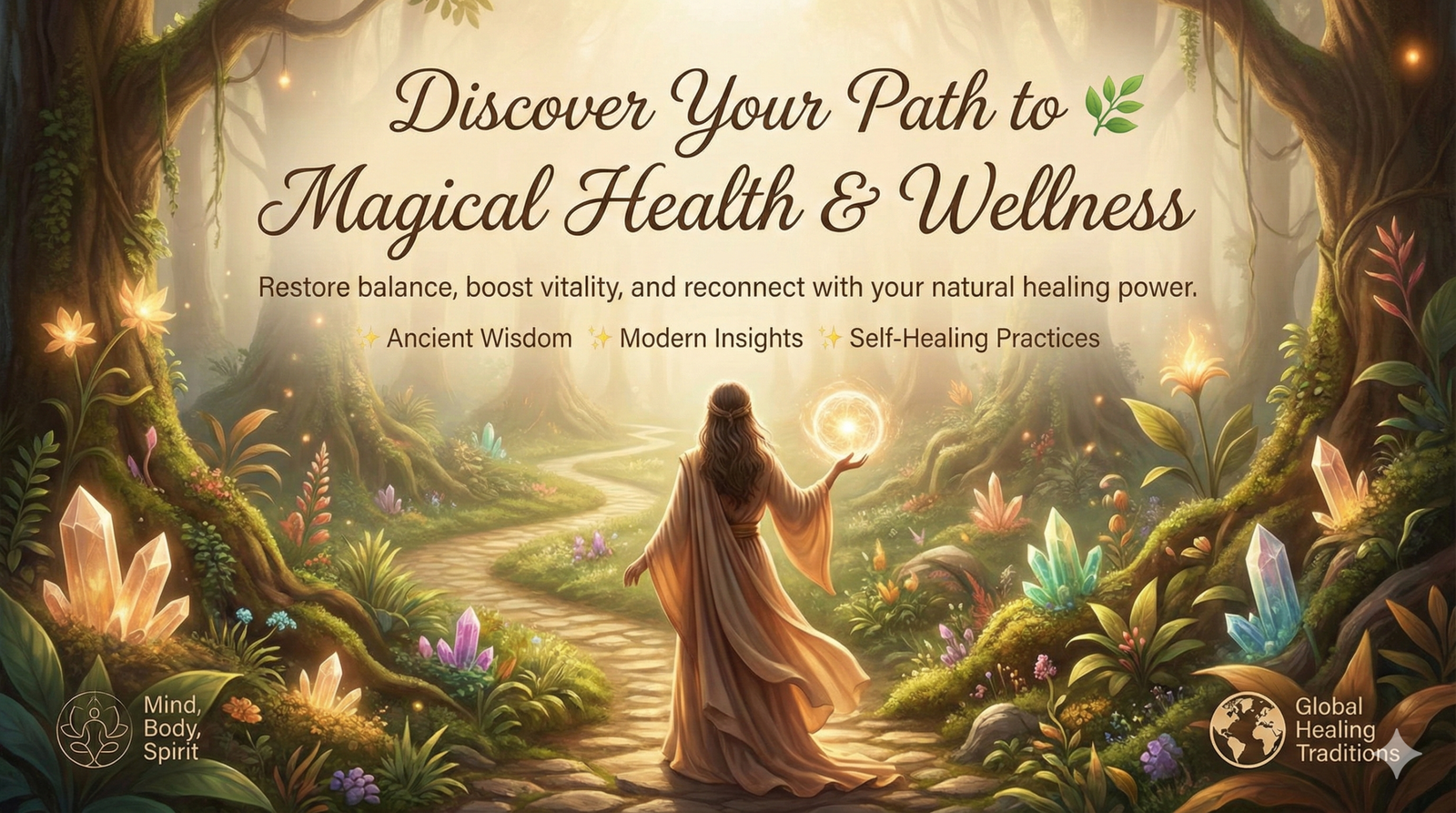



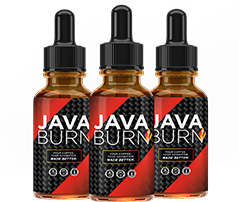

What do you think?
Show comments / Leave a comment